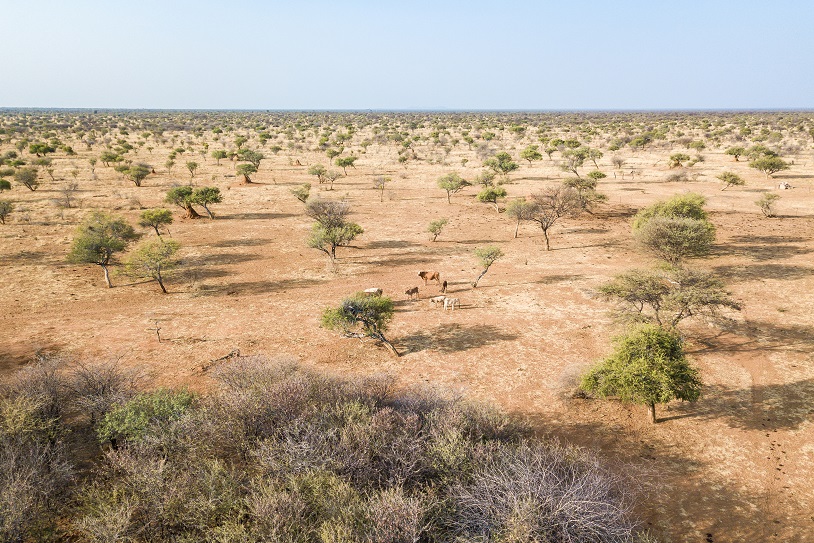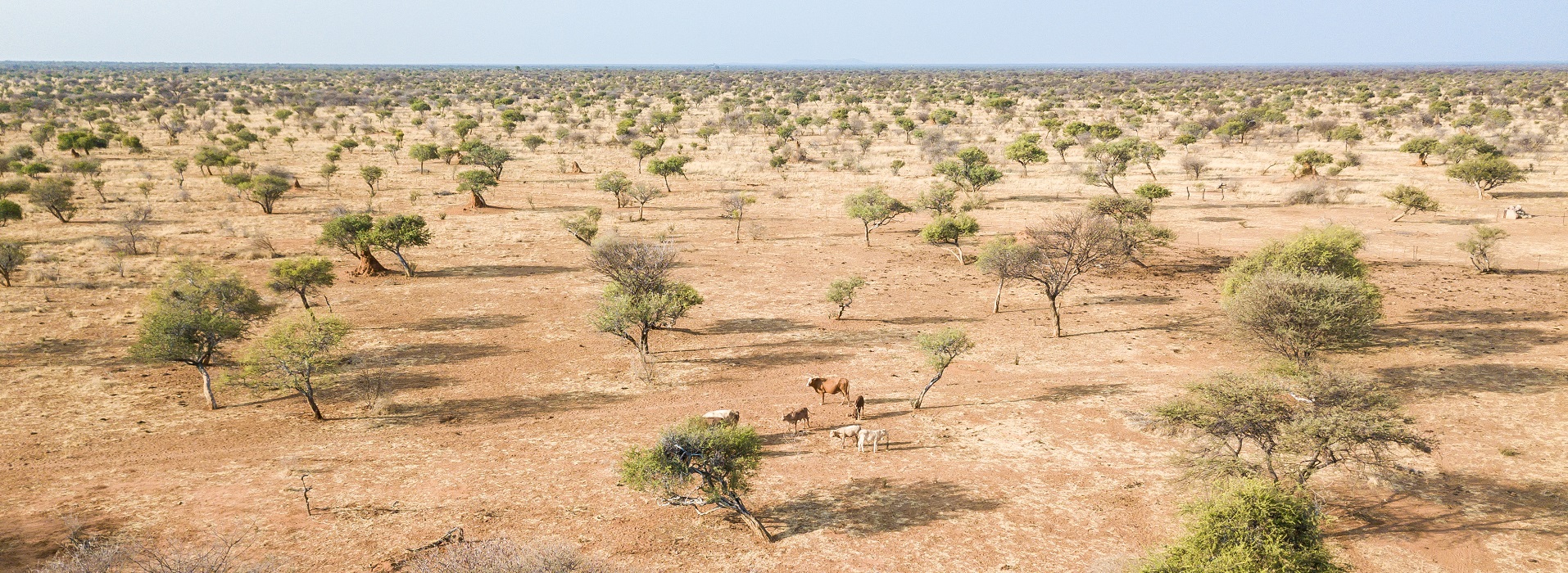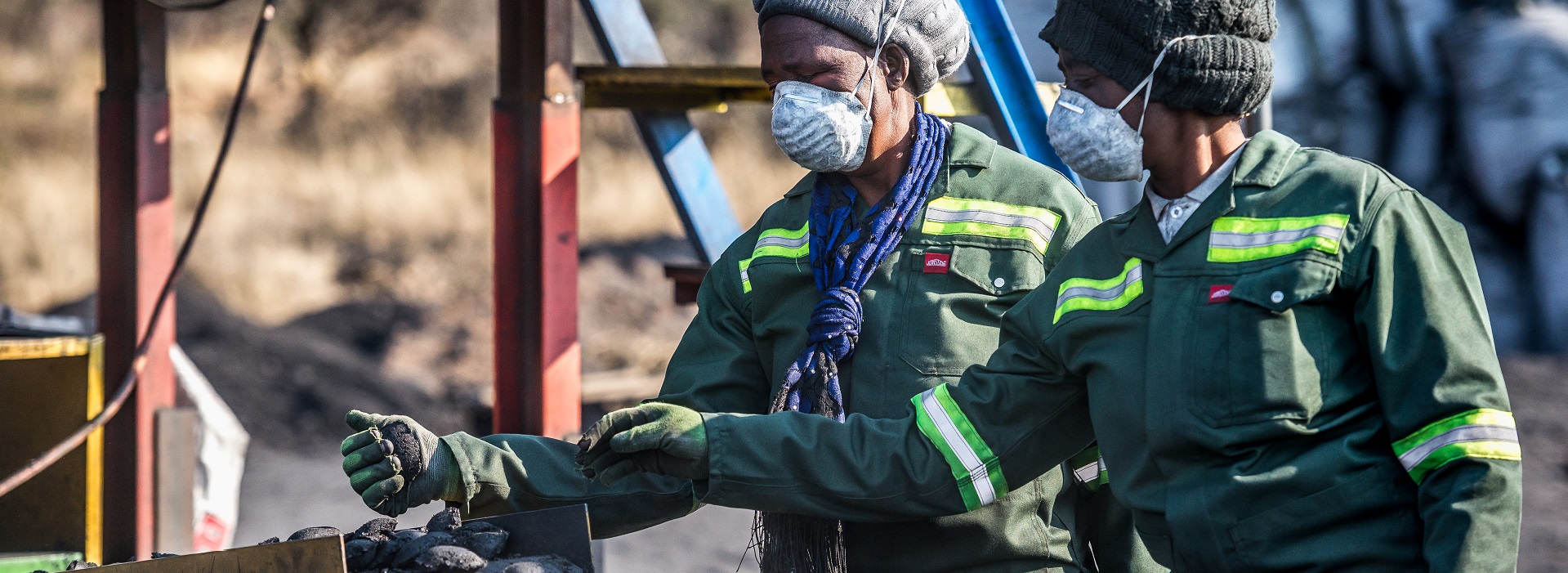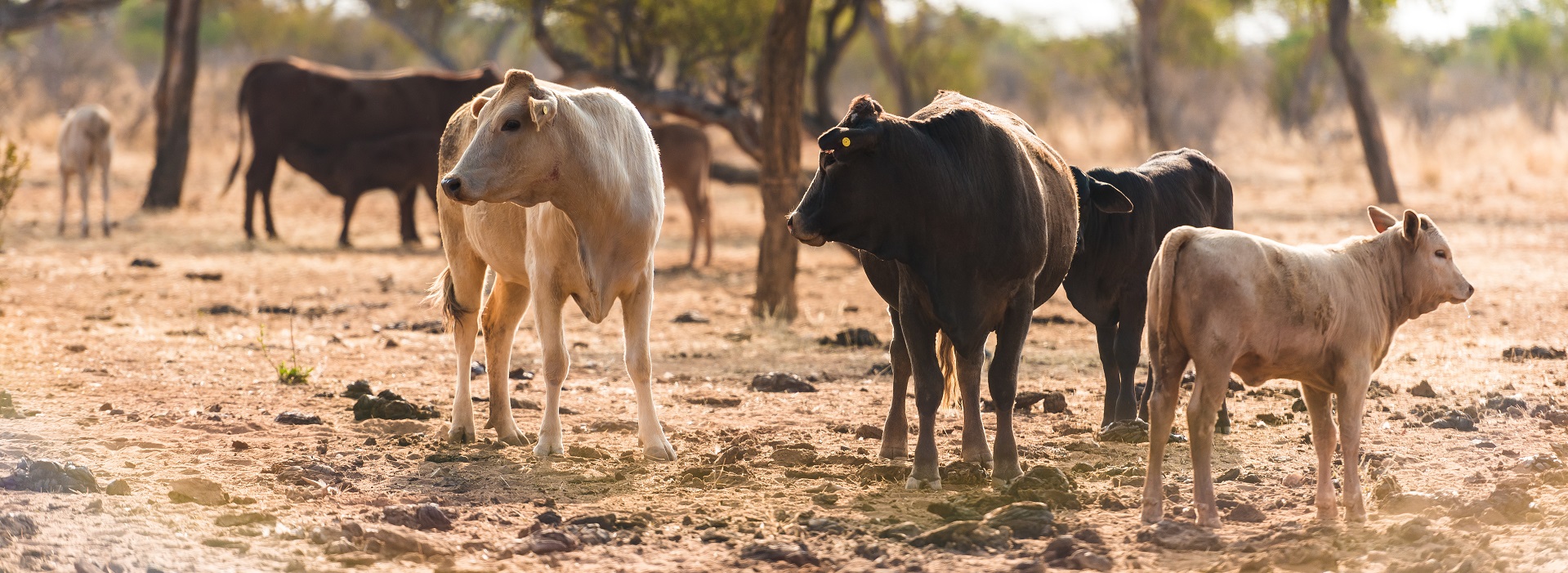

ECONOMIC DEVELOPMENT AND EMPLOYMENT: Namibia: Bush waste boosts the economy
A commodity with potential: The utilization of bush wood waste boosts the Namibian economy.
Namibia quite literally has a growing problem: bush encroachment across the landscape. However, the country has reinterpreted this challenge as an opportunity and actually attaches economic value to the harvested bush wood waste. GIZ is providing advisory services on how to capitalise on bush biomass and is helping create new jobs in the process.
Almost half of Namibia is overgrown with dense bushes. The area is equivalent to the size of Germany and Austria combined. As a result, not only is the groundwater table sinking, available agricultural land is also severely reduced. Usable land for grazing, among other uses, is scarce, leading in turn to animal feed shortages. This poses a threat for agriculture that farmers need to address, as they need the bush-encroached land urgently. Bush growth has to be curbed and additional sources of income tapped.
The Deutsche Gesellschaft für Internationale Zusammenarbeit (GIZ) GmbH has been working in Namibia since 2014 with measures in this field. One goal is to make the damaged land areas usable again. To achieve this, bushes are thinned out in a controlled manner. Increasingly, the focus is turning to generating economic income from the wood harvested, which is referred to as bush biomass.
This is important for farmers as agriculture is already severely impaired: Namibia is one of the driest and least populated countries in sub-Saharan Africa with only 2.5 million inhabitants. At least 70 per cent of the population depends on agriculture for their livelihood. In recent years, the country has experienced periods of drought with devastating effects, such as crop failures and major losses in livestock farming.

Training on sustainable bush harvesting and energy production
For Namibia, the bushes are truly a boon and bane. Fighting them with chemicals is detrimental to nature in particular. Bush harvesting, on the other hand, is labour-intensive, although it also offers farms opportunities to earn extra money. The bushes can be processed into cattle feed, charcoal or wood chips for industrial heat production. In this context, GIZ provides Namibia’s Ministry of Environment advisory services on behalf of the German Federal Ministry for Economic Cooperation and Development (BMZ). It also organises courses on sustainable bush harvesting that train farmers and mostly small businesses on the use of special machines that protect the soil. They also learn where and how much they are permitted to harvest.
More than 80 per cent of the annual growth, that is the expansion of bush encroachment, cannot be sold domestically. Consequently, GIZ also supports the marketing of products such as wood chips or charcoal outside Namibia. This is a promising model: ‘If there is one resource that has the potential to reverse the current downturn of the agricultural sector in Namibia, it is bush-biomass,’ says Junius Vetumbuavi Mungunda, Chief Executive Officer of Standard Bank Namibia and member of the High-Level Panel on the Namibian Economy (HLPNE).

More than 5,000 jobs and increased income
The fact that bush encroachment has developed from a threat into an opportunity for Namibia is also evidenced by the employment figures. Since 2015, rural employment in the biomass sector has increased from 6,000 to more than 11,000 workers. Jobs are created primarily in the production of charcoal for export, and increasingly also in the production of animal feed. During the drought of 2019, more than 800 farmers benefited from being able to feed their herds with bush-based feed. In addition, improvements have been made to working conditions in terms of minimum wages, optimised accommodation and protective clothing, among other aspects.
Sustainable standards for people and the environment
Standards developed in cooperation with the Forest Stewardship Council (FSC), GIZ and domestic stakeholders also make a sustainable contribution to the industry. These standards ensure that the harvesting and processing of bush biomass meets international criteria for environmental and social compatibility. Ultimately, everybody benefits from proper harvesting, environmentally friendly processing or national standards: the farmers who maintain their grazing land and tap an additional source of income with the cleared bushes; the companies that process and resell the raw materials; and the state, which can not only safeguard its agriculture, but also foster economic development. And that, in turn, benefits people and the environment.
Latest update: November 2020